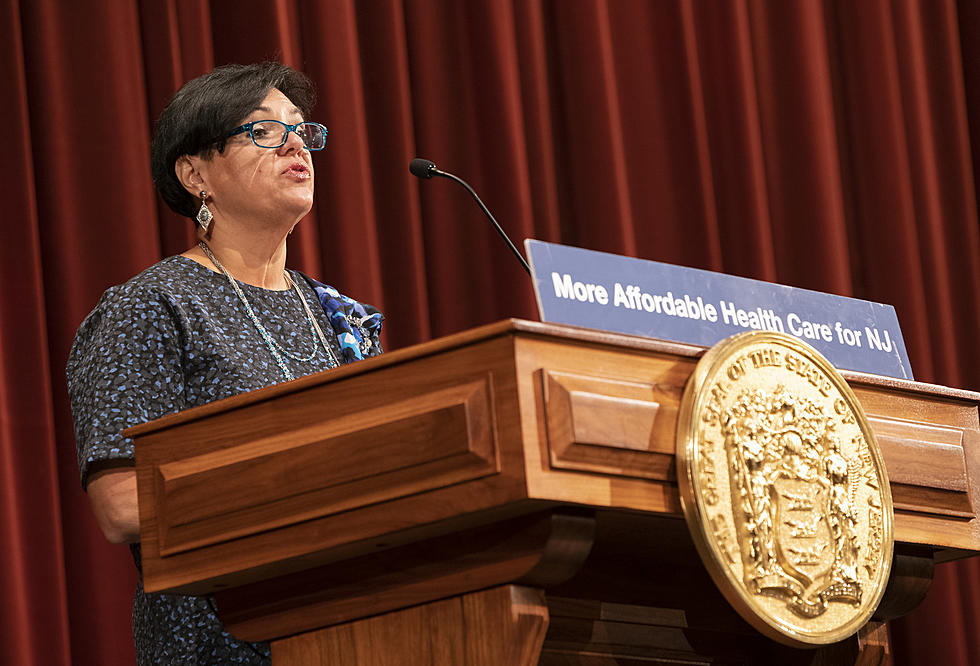
CEOs of Aetna, Anthem make case for health insurance mergers
WASHINGTON (AP) -- The leaders of two major health insurers planning separate multi-billion dollar acquisitions made the case for the deals to Congress as senators questioned whether they would hurt competition and raise prices for consumers.
Blue Cross-Blue Shield insurer Anthem plans to buy Cigna for $48 billion, and rival Aetna is looking to buy Medicare Advantage coverage provider Humana for $35 billion. As a wave of consolidation sweeps through the industry, the deals came under scrutiny at a Senate Judiciary subcommittee hearing Tuesday.
The Justice Department must pass judgment on whether the mergers would make the companies so dominant that they could create a competitive imbalance and push already high health-care costs even higher.
Mark Bertolini, CEO of third-largest U.S. health insurer Aetna Inc., testified "robust choice and competition will remain in the Medicare market" after the acquisition of Humana. Anthem Inc. CEO Joseph Swedish said competition would be preserved and consumers would benefit from expanded access to care in its combination with Cigna.
If they are both approved by the government, the five major U.S. health insurance companies would be reduced to three. Of the current five biggest U.S. health insurers, only UnitedHealthcare isn't jostling to combine with another health insurer. It's doing its own big deal, adding a pharmacy benefits manager.
Insurers say these combinations can help them save money by cutting overlapping costs and improving their technology, which is becoming more important in monitoring patient health and helping customers find care. The acquisitions also are a way to quickly push into new markets and gain negotiating leverage over care providers like hospitals that have been growing and adding their own negotiating muscle in recent years.
But the consolidation wave could lead to fewer choices for consumers in some markets. Several provider and patient advocate groups have raised concerns about that.
The possible impact of these big acquisitions on consumers is murky and likely won't be felt for at least a year because insurers have already ironed out most of their plans for 2016 coverage. Whether the combinations lead to fewer choices and price changes depending on where the customer lives and what sort of presence the insurers already have in their market.
"I am deeply concerned about these mergers," Sen. Richard Blumenthal, D-Conn., told the CEOs. "I'm deeply troubled by the evidence that shows that neither (health care) providers nor consumers benefit from these mergers."
Blumenthal said both proposed mergers raise "serious competitive concerns" and expressed skepticism that cost savings realized by the companies through the combinations would be passed on to consumers.
The Aetna and Anthem CEOs downplayed concerns about how their proposed acquisitions would affect competition. Bertolini said there are at least 10 other competitors on public insurance exchanges in markets where Aetna and Humana overlap.
"We are not at all concerned about the lack of competition in local markets," he said.
Swedish noted that a small insurer named Oscar started up to serve the New York and New Jersey markets and accumulated 45,000 customers in its first year.
"There are many new players that have entered the market and continue to enter the market," he said.
Rick Pollack, president and CEO of the American Hospital Association, who appeared at the hearing with the two CEOs, warned that both mergers "could be a blow to millions of health care consumers as well as the hospitals, doctors and others who are working to improve quality and efficiency while making care more affordable to patients."
The mergers could make health care more expensive and less accessible for consumers, Pollack said.
The American Medical Association analyzed both deals and expects that they would diminish competition in up to 154 metropolitan areas within 23 states. That could lead to higher coverage prices and unfair reimbursement terms for doctors, the physician group noted.
However, the insurance industry trade group America's Health Insurance Plans has said that the AMA analysis uses misleading data that does not accurately reflect the market.
(Copyright 2015 The Associated Press. All rights reserved. This material may not be published, broadcast, rewritten or redistributed.)
More From New Jersey 101.5 FM









